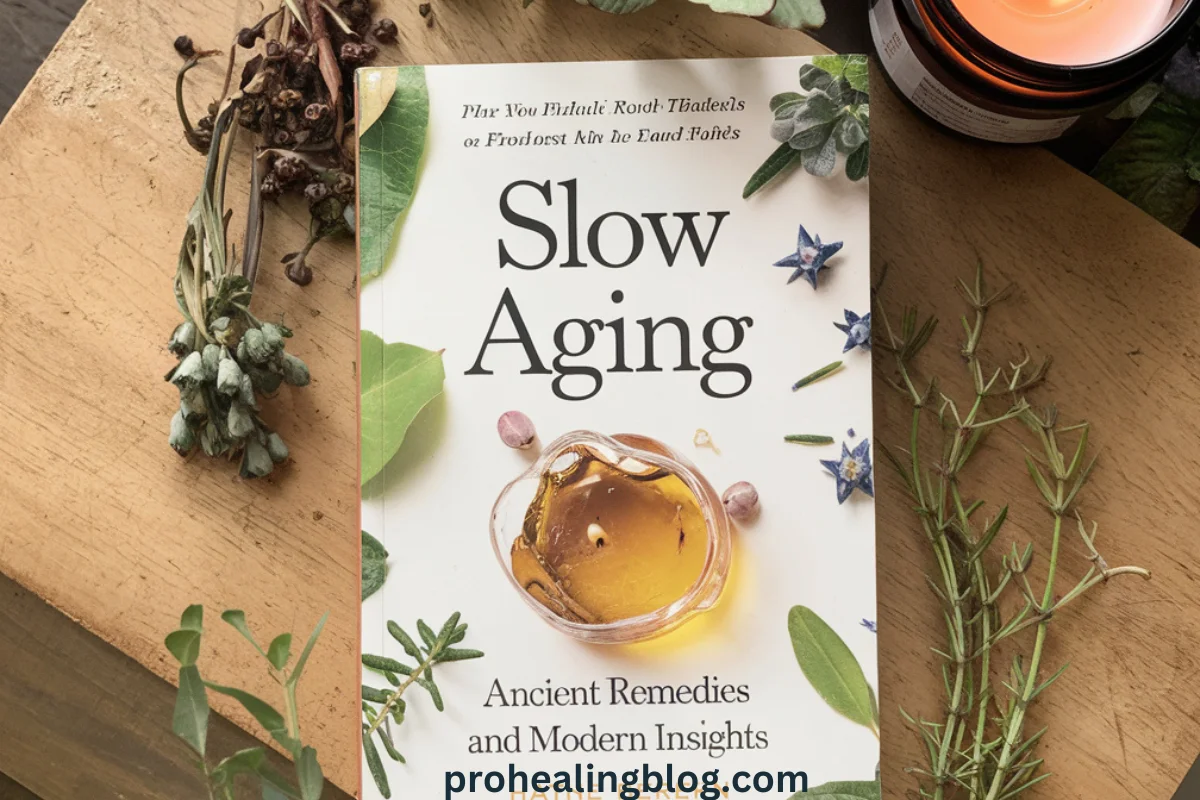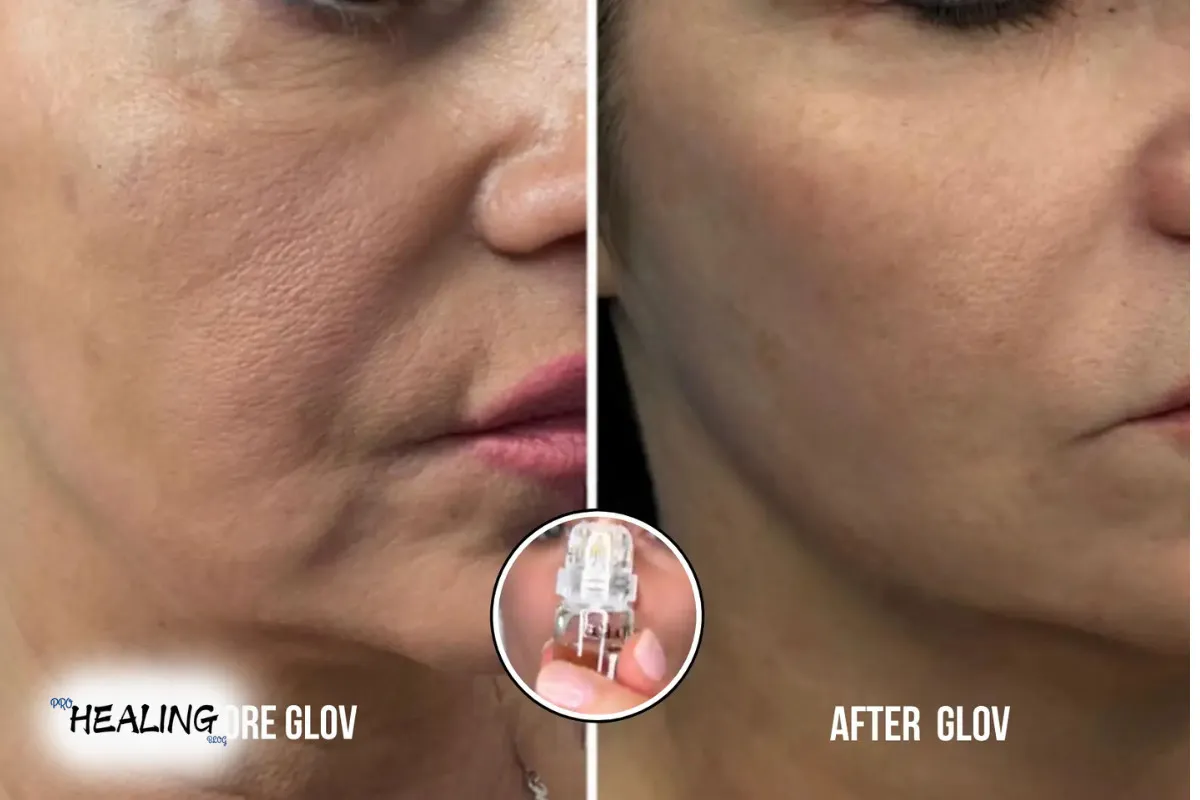Aging is a natural part of life. Yet, many strive to slow aging and maintain youthfulness. From ancient remedies to modern research, humanity has always sought ways to combat the effects of time. This blog explores the aging process, what causes aging, and the latest advancements in reversing it, including groundbreaking studies like reversing aging in mice. Let’s uncover the secrets to a longer, healthier life.
What Causes Aging?
Aging happens at the cellular level. Over time, cells lose their ability to divide and repair themselves. Factors contributing to aging include:
- Oxidative Stress: Free radicals damage cells and speed up aging.
- Genetic Factors: Some people are genetically predisposed to age faster.
- Lifestyle Choices: Smoking, poor diet, and lack of exercise accelerate aging.
- Environmental Factors: Pollution and UV radiation cause skin damage and wrinkles.
Understanding these causes can help us take steps to slow aging.
How to Slow Aging
Slowing aging requires a combination of healthy habits and preventive measures. Here are some tips:
- Eat Antioxidant-Rich Foods: Berries, nuts, and green tea fight oxidative stress.
- Stay Active: Regular exercise boosts metabolism and maintains muscle mass.
- Protect Your Skin: Use sunscreen and moisturizers to reduce UV damage.
- Manage Stress: Chronic stress shortens telomeres, the protective caps on chromosomes.
- Get Quality Sleep: Sleep is essential for cellular repair and regeneration.
Ancient Remedies to Slow Aging
Ancient cultures had their own ways of combating aging. Here are some timeless practices:
- Ayurveda (India): Herbal remedies like ashwagandha and turmeric support longevity.
- Traditional Chinese Medicine (TCM): Ginseng and goji berries are believed to slow aging.
- Mediterranean Diet (Greece and Italy): Olive oil, fish, and fresh vegetables promote heart health.
- Egyptian Beauty Secrets: Cleopatra used milk baths to keep her skin youthful.
These remedies highlight the importance of natural ingredients and holistic practices.
Modern Science on Reversing Aging
Recent studies have made incredible strides in understanding and reversing aging. One groundbreaking experiment involves reversing aging in mice.
Scientists at Harvard used gene therapy to reprogram aged cells in mice. The results were astonishing:
- Improved cognitive function
- Restored vision
- Increased lifespan
This research suggests that reversing aging in humans could be possible in the future.
How to Reverse Aging
While complete reversal of aging remains a challenge, certain steps can help reduce its effects:
- Use Anti-Aging Skincare: Retinol and hyaluronic acid reduce wrinkles and improve skin elasticity.
- Try Intermittent Fasting: Fasting promotes cellular repair and reduces inflammation.
- Take Supplements: Collagen, omega-3s, and resveratrol support skin health and longevity.
- Consider Hormone Therapy: For some, hormone replacement therapy can balance age-related changes.
These approaches show promise in extending healthspan—the period of life spent in good health.
The Aging Process
Aging affects every part of the body. Here’s a breakdown:
- Skin: Wrinkles, age spots, and loss of elasticity are common signs.
- Bones: Bone density decreases, leading to a higher risk of fractures.
- Muscles: Muscle mass declines with age, affecting strength and balance.
- Brain: Cognitive function may decline, leading to memory issues.
- Heart: Arteries stiffen, increasing the risk of heart disease.
Knowing these changes can help us adopt preventive measures.
Combining Ancient Wisdom and Modern Science About Slow Aging
To truly slow aging, we must blend ancient remedies with modern advancements. For example:
- Herbal Teas: Combine traditional herbs like ginseng with modern knowledge of antioxidants.
- Mindfulness Practices: Ancient meditation techniques reduce stress and support brain health.
- Dietary Adjustments: Integrate traditional diets with modern nutritional insights.
This holistic approach maximizes the benefits of both worlds.
Looking to the Future
The future of anti-aging research is exciting. Scientists are exploring:
- Gene Editing: Tools like CRISPR may repair damaged DNA.
- Stem Cell Therapy: Stem cells could regenerate aging tissues.
- Longevity Drugs: Medications targeting aging pathways are under development.
These advancements could redefine how we age.
Conclusion
Slowing aging is a timeless pursuit. Ancient remedies and modern science both offer valuable insights. By understanding the aging process, adopting healthy habits, and staying informed about new research, we can enhance our quality of life.
Aging is inevitable, but how we age is within our control. Let’s embrace a proactive approach to slow aging and enjoy a vibrant, healthy future.






